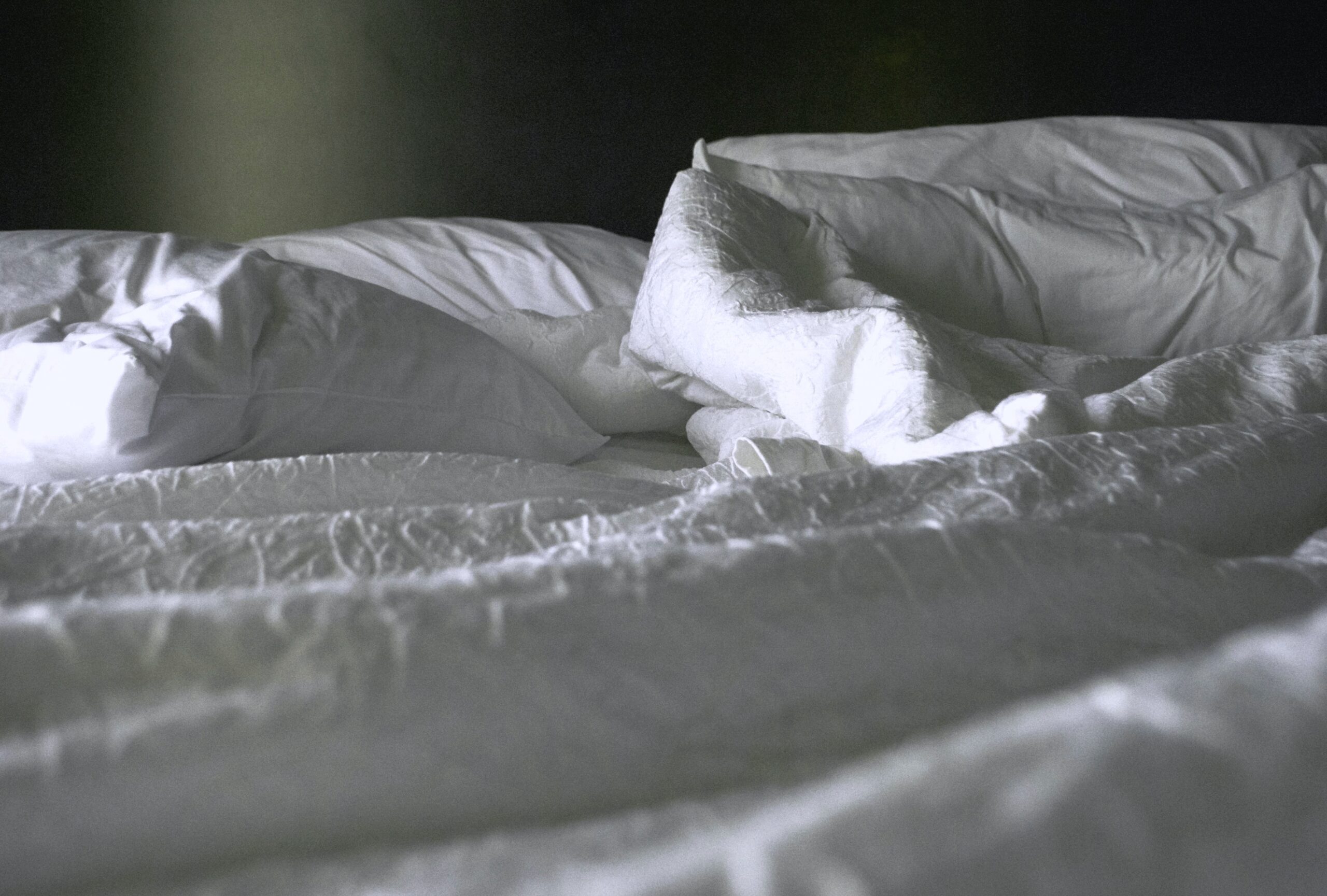

Credit: Unsplash
The government is taking action to stop the spread of the bloodsucking pests.
The South Korean government has launched a four-week campaign to eradicate bedbugs after a wave of outbreaks across the country.
Thirty suspected or confirmed infestations have been reported since the end of October, prompting the government to take action. The campaign will focus on inspecting and treating high-risk areas such as bathhouses, university dorms, and train stations.
“Bedbugs do not transmit diseases, but they are pests that cause discomfort, allergies, and psychological as well as economic harm due to their blood-feeding habits,” said Park Yoo-mi, a senior health official in Seoul.
The government is also expediting the import of new types of pesticide in case those already available in the country are not strong enough to do the job.
Pest control companies have reported being inundated with calls for help. “We received less than five calls a year related to bedbugs before, but nowadays, we get two to three calls every day,” said Eom Hae-won, the CEO of Incheon-based pest control firm Choa Clean.
South Korea is launching a four-week campaign against bedbugs after multiple reports of infestations sparked widespread public anxiety https://t.co/Bxj8wW2O0L
— Bloomberg (@business) November 9, 2023
The government is also working to raise awareness about bedbugs and how to prevent them. The Seoul City Government has launched a “Bedbug Reporting and Management System” and a “Zero Bedbugs City, Seoul” initiative, under which it says it will inspect 3,175 lodging facilities, bathhouses, and jjimjilbangs (Korean saunas with rooms of varying temperatures).
The city has said it will also provide pest control support for small housing units known as jjokbang or gosiwon, which typically measure around 3-6 square meters (30-60 square feet) and house some of Seoul’s poorest residents.
Other areas deemed high-risk include subways and cinemas. The government says its campaign will include periodic steam-cleaning of subway seats.
“While bedbugs do not transmit diseases, they are pests that cause discomfort, allergies, and psychological as well as economic harm due to their blood-feeding habits,” said Park Yoo-mi, a senior health official in Seoul.
-
In a significant escalation of the ongoing dispute over misinformation, Brazil Supreme Court Justice Alexandre de Moraes has initiated...
-
Mumbai Takes the Throne for the Most Billionaires in Asia In a historic milestone, Mumbai has overtaken Beijing to...
-
French President Emmanuel Macron emphasized the need for Western powers to remain vigilant in the face of the Ukraine...
-
The Philippines has strongly denounced what it described as “unprovoked acts of coercion and dangerous maneuvers” by China in...
-
As Moscow Prepares to Bid Adieu, Navalny’s Funeral Raises Uncertainties and International Allegations The spokesperson for Alexei Navalny has...
-
On the two-year anniversary of the ongoing conflict between Ukraine and Russia, there is much to reflect upon. Since...
-
The Office for National Statistics (ONS) released official figures on Wednesday, revealing that the United Kingdom posted a record...
-
Greece has become the first Christian Orthodox-majority country to legalize same-sex marriage, marking a significant step forward for LGBTQ+...
-
Massive Deflation in China as CPI Plummets by 0.8% China faces mounting challenges as its consumer prices spiral deeper...
-
3 Days of Consecutive Snowing Has Wreaked Havoc on Transportation As China prepares to celebrate the Lunar New Year,...
-
Rapid Growth in Electric Cars Propels China to The Forefront of Global Vehicle Exports China has surpassed Japan as...
-
Pakistan’s Political Landscape Suffers a Shift Following Khan’s Sentencing Former Pakistani Prime Minister Imran Khan and his wife, Bushra...




















